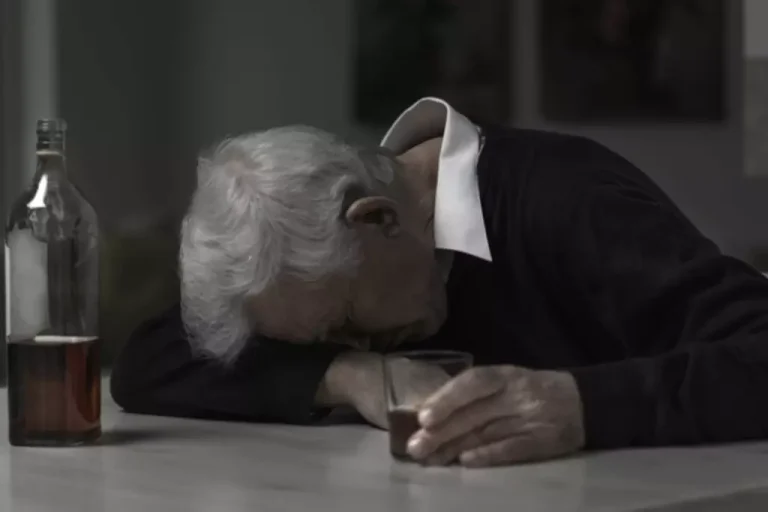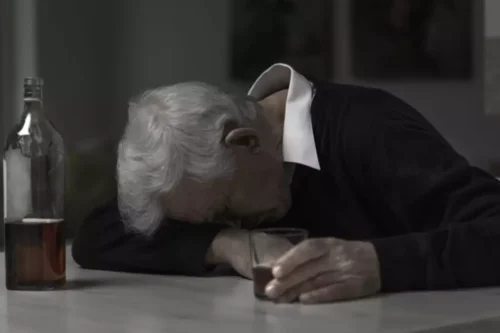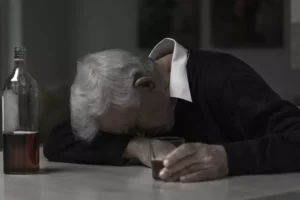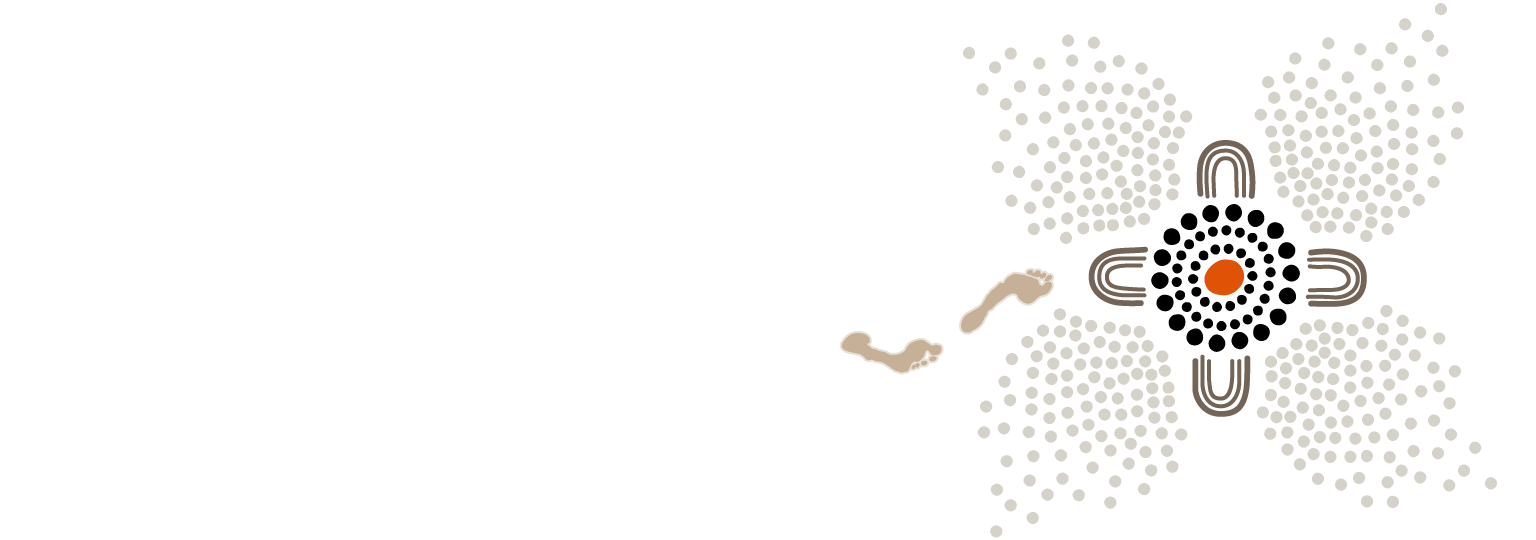
When significantly limiting or stopping alcohol consumption, receiving ongoing support is essential. Symptoms of alcoholic neuropathy may be different for each individual. Some may experience only one symptom, while others experience several.Welcome to High Quality Replica Rolex Watches Sales on www.rolexreplicaswissmade.com, Buy the Best Replica Rolex Watches in the UK.Medications can help, but they are mostly used to manage the disorder.
Key Factors That Influence Recovery Time

Keep reading to learn more about the symptoms, causes, and treatments for alcohol-related neuropathy. By Heidi Moawad, MDHeidi Moawad is a neurologist and expert in the field of brain health and neurological disorders. Dr. Moawad regularly writes and edits health and career content for medical books and publications. Heidi Moawad is a neurologist and expert in the field of brain health and neurological disorders. Reframe supports you in reducing alcohol consumption and enhancing your well-being.
- Several factors influence how long it will take for symptoms to improve, such as the severity of nerve damage, how long alcohol was consumed, and the effectiveness of treatment.
- Regular movement also encourages blood flow and nerve healing, assisting clients to regain physical function and independence.
- This can result in various scrapes and bruises over the limbs where they don’t feel the sensations.
- Examining benfotiamine’s effects in conjunction with other B vitamins is equally crucial.
- While the path might not be easy, taking the first step is often the hardest part.
Can alcoholic neuropathy be cured or reversed?
Alcoholic neuropathy is a condition in which drinking too much alcohol causes damage to nerve tissue. Alcohol also alters the function of the stomach, liver, and kidneys in ways that prevent the body from properly detoxifying waste material. This waste then builds up and harms many regions of the body, including the nerves.

What Are Its Causes and Risk Factors?

When alcohol is consumed in large quantities over a long period, it causes both direct and indirect damage to these nerves. Alcohol is toxic to nerve cells, and its presence can impair the way nerves function. Additionally, chronic alcohol consumption often leads to nutritional deficiencies, especially of vitamins like thiamine, which are vital for nerve health. Ongoing therapy and counseling can address the psychological aspects of addiction and help develop strategies for coping with the challenges of neuropathy. Early detection and treatment can also help with alcoholic neuropathy.
How common is alcoholic neuropathy?
- Left untreated, alcoholic neuropathy can progress to more severe complications such as muscle weakness, coordination problems, chronic pain, and even permanent nerve damage.
- Our multidisciplinary team of medical and therapeutic professionals develops tailored treatment plans that address each individual’s physical health, emotional needs, and lifestyle goals.
- This vitamin is crucial for proper nerve function; without it, nerves become damaged and may not regenerate properly.
- Antioxidants found in berries, peaches, cherries, red grapes, oranges, and watermelon, among other foods, aid in lowering inflammation and lessen nerve damage.
- Research suggests that up to 66% of people with AUD have some type of alcohol-related neuropathy.
Many people experiencing alcoholic neuropathy may show muscle weakness, affected functioning of the muscles and even cause loss of muscle mass or muscle atrophy. Alcoholic neuropathy is a condition caused by long-term alcohol use that damages the peripheral nerves. These nerves send signals between the brain, spinal cord, and the rest of the body. When alcohol is consumed alcohol neuropathy heavily over time, it can interfere with the body’s ability to absorb essential nutrients like vitamin B1 (thiamine), leading to nerve damage. This article explores the process and what you can do to improve your chances of healing.
Alcohol Neuropathy Treatment

Alcoholic neuropathy, also known as alcoholic peripheral neuropathy, refers to damage of the nerves due to chronic and excessive alcohol consumption. Affected nerves include the peripheral nerves, primarily located in the arms and legs, and the autonomic nerves, which help regulate our internal body functions. About 46% of chronic alcohol users will eventually develop this condition. Alcoholic neuropathy often develops gradually, making it easy to dismiss early symptoms like tingling, numbness, or burning sensations in the hands and feet. However, these signs should never be ignored—especially when paired with a history of long-term or heavy alcohol use. Left untreated, alcoholic neuropathy can progress to more severe complications such as muscle weakness, coordination problems, chronic pain, and even permanent nerve damage.

Sensory symptoms of this condition amphetamine addiction treatment involve changes in sensation, which may worsen at night and gradually spread to other parts of the body as the condition progresses. People can experience tingling, burning or numbness in the hands and feet or a heightened sensitivity to touch. For others, treatment may not reverse existing symptoms but can prevent further nerve damage and help stabilize the condition, offering a better chance at maintaining functionality. Continuing to drink will only make nerve damage worse and block any chance of recovery. Getting professional help for alcohol addiction is key to long-term success. Heavy drinking often leads to poor nutrition, interfering with your body’s ability to absorb essential nutrients like thiamine (vitamin B1), which is vital for nerve health.
